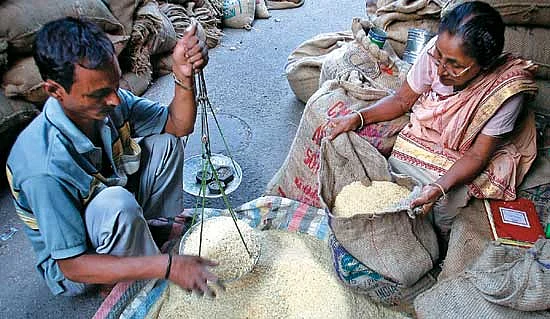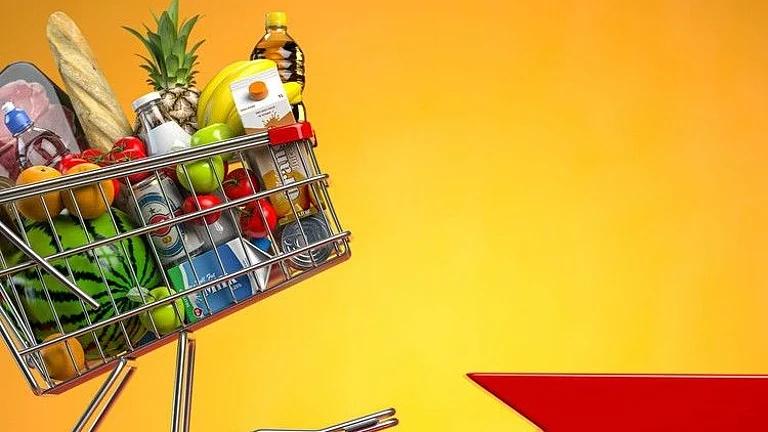The government is left with no option but to roll out measures that can ease inflationary pressures aroused from the surge in prices of essential food items. This comes after retail inflation in the country recorded a 15-month high at 7.44% in July due to uneven and scanty rainfall, while food inflation reached 11.5%.
According to a report by Reuters, the sudden up rise in the country’s inflation trajectory has put pressure on the Narendra Modi government before the upcoming state and national election. For which, the government is expected to come up with immediate solutions to avoid any backlash from voters.
Two government sources requesting anonymity told Reuters that the government is considering to expand a free food programme, due to end in December. Expansion of the free food scheme is expected to raise the bill of the government, which is already sitting on an expected cost of 1.97 trillion rupees ($23.83 billion) for food subsidies in 2023/24.
While the government has stepped up sales of subsidised vegetables, particularly onions and tomatoes, through its distribution network, it has also released stocks of wheat and sugar into the market to cool prices.
The measures could cumulatively cost the government over $12 billion, the government sources added.
Additionally, the government is set to ban sugar exports for the first time in 7 years. Last month, it had banned exports of key categories of rice.
India's rice crop is worst impacted after it was submerged by erratic rainfall in some rice growing northern states in July, and now a dry spell is threatening yields in southern and eastern states
Uncertainty has increased over the outlook for both summer and winter crops as there is a 95% chance that El Nino will prevail from December 2023 to February 2024. Apart from bringing less rain, El Nino also keeps temperatures above normal.
































